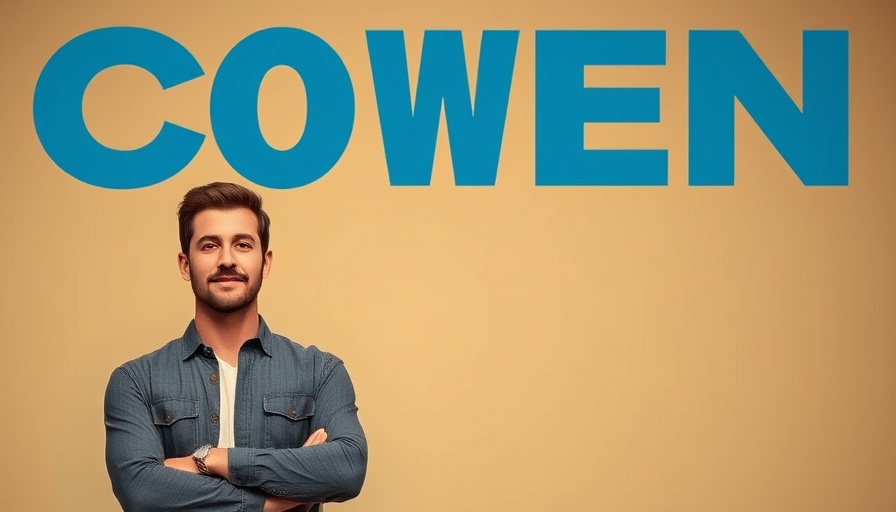
Can Lifting Just 11 Pounds Impact Your Healthspan?
In a world where health and fitness trends constantly evolve, new research suggests that a simple strength test could be a significant predictor of your long-term health. Researchers found that if an adult aged 50 or older struggles to lift a modest weight of about 11 pounds (5 kilograms), it may indicate a higher risk for various age-related conditions such as Alzheimer’s disease, arthritis, and even depression.
The Surprising Results of Heavy Weight Lifting
This study, which tracked over 51,000 adults across 15 countries, revealed alarming statistics: nearly one in five participants indicated they could not lift this relatively light weight. Those who struggled were notably more likely to develop a range of health issues. For example, 9.4% reported poor quality of life, 8.1% experienced symptoms of depression, and 7% were at greater risk for osteoarthritis.
Why Muscle Strength Is Key to Healthy Aging
As we age, maintaining muscle strength becomes crucial. Difficulty lifting even a small weight can sometimes signal underlying muscle weakness, which is associated with a decline in physical functioning. Men, in particular, faced even higher health risks than their female counterparts, likely due to a greater expectation of strength based on typical male muscle mass. This disparity emphasizes the importance of muscle health not only for physical capability but also for a higher quality of life.
Community Impact: The Case for Strength Training in Fresno
For residents of Fresno, California, the implications of these findings are significant. Local health programs and community centers can play a pivotal role in encouraging weight training, regardless of age. Accessible fitness classes focusing on strength-building not only support physical health but also create a supportive community environment that promotes well-being.
Future Health Predictions: What Lies Ahead with Strength Training?
Understanding the impact of strength training on healthspan invites us to reframe our approach to aging. Future health initiatives might pivot towards incorporating simple strength assessments into routine health check-ups. This shift could arm individuals with critical insights about their strength levels and motivate them to engage in preventative measures.
Actionable Tips for Strength Training
For those looking to improve their strength and, subsequently, their long-term health, here are some practical tips:
- Start small: Incorporate light weight lifting or body-weight exercises into your weekly routine.
- Consistency is key: Aim for at least two strength-training sessions a week.
- Consider guidance: Partner with a fitness trainer, especially if you’re unsure about the exercises.
- Seek community: Join local fitness classes such as those offered in Fresno to connect with others on the same journey.
Conclusion: Make Lifting Weights a Priority!
Lifting weights doesn’t just define physical strength; it represents a proactive approach to our health future. For Fresno residents, embracing strength training today can lead to invaluable health benefits and improved quality of life tomorrow. Don’t underestimate the power of lifting even just 11 pounds—your body will thank you for it!
 Add Row
Add Row  Add
Add 



Write A Comment